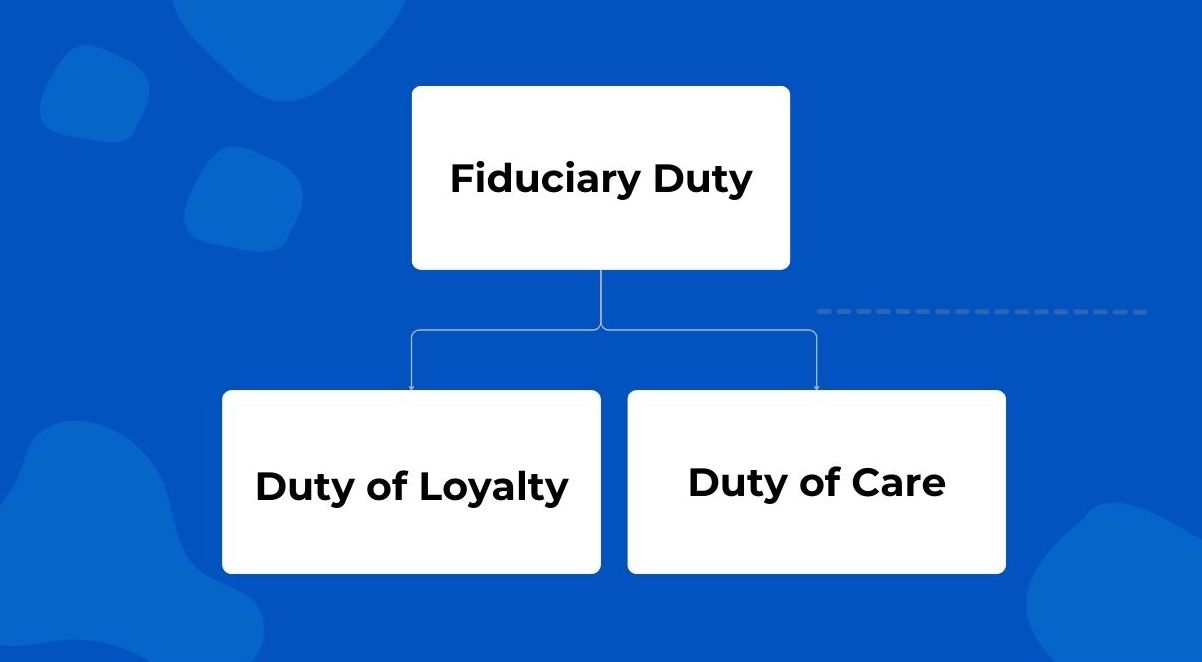
“Duty of Care” and “Duty of Loyalty” are among the fundamental principles of corporate law that outline the fiduciary duties of the company’s governing bodies, particularly directors, board members and other persons to manage and control the company’s affairs.
In this article, we will explore each of these concepts within the framework of RA legislation and corporate legal relations.
Duty of care and duty of loyalty are especially important when it comes down to key decisions of the company, that include mergers and acquisitions, employee stock options, initial public offerings (IPOs).
What is Duty of Care?
The definition of Duty of Care principle requires that company officers act in the best interests of the company and make rational decisions in the best interests of the company.
What is Duty of Loyalty?
The Duty of Loyalty principle requires that company officials put the company’s interests above their own. It requires a good faith approach to the company’s affairs and prohibits conflicts of interest that could jeopardize the integrity of corporate decision-making.
For example, if the CEOs of two cooperating companies are married and enter into a major transaction that will be in favor of one company, then in this case they will not act in bad faith and in the best interest of the companies.
How does RA legislation regulate the principles of corporate Duty of Care and Duty of Loyalty?
RA legislation does not clearly define the concepts of the above-mentioned principles, but according to Article 90 of the Law of the Republic of Armenia “On Joint Stock Companies” (hereinafter: the Law):
“Members of the Board, the Director of the Company (CEO), members of the Board and Management, as well as the manager-organization and the manager during the performance of their duties must act based on the interests of the Company, exercise their rights and perform their duties towards the Company in good faith and reasonably, avoid from actual and potential conflicts between personal and Company interests (fiduciary duty).”
This means that the above-mentioned persons must proceed from the fiduciary duty of acting in good faith and reasonably in carrying out their activities.
Our team of experienced lawyers is ready to assist you in the following issues related to the company’s activities:
- development of the company’s management policy,
- consulting on corporate management,
- consultation and legal representation in case of disputes between the company and management bodies.
What is fiduciary duty?

It follows from the concept of fiduciary duty defined by the Law that a person has a fiduciary duty by virtue of the law and from the content of the contract signed with an independent management body, which implies the observance of the following duties:
- Act in the interests of the Company
- Exercise rights and perform duties in good faith
- Avoid real and potential conflicts between the Company and personal interests
In addition, a person who has the ability to significantly influence the company’s decisions by virtue of participation in the company’s authorized capital or other circumstances should not induce the members of the board, the company’s director (general director), members of the board and management, as well as the management organization and the manager to make such decisions that contradict are the interests of the company or the legitimate interests of those shareholders who cannot have a significant influence on the decisions of the company.
Who has a fiduciary duty to a company?
According to RA legislation, they have a fiduciary duty of care towards the company:
- Council members
- Director (chief director)
- Members of the board and administration
- Managing organization
- Manager
What responsibility does RA legislation provide for company officials?
Officials of the company are responsible for the damage caused to the company as a result of their actions (inaction) within the RA legislation. With the claim for damages, the Company or the Company’s shareholders who (jointly) own one or more percent of the Company’s allocated common (ordinary) shares, have the right to sue the members of the board, the director (chief director), the board and apply to the court against the members of the management, as well as the managing organization and the manager.
Those members of the board or board and administration who voted against the adoption of the decision that caused damage to the company or were not present at the meeting are released from responsibility for the damage caused to the company. Persons who acted in good faith and did not know or could not have known that the Company will suffer losses as a result of their actions (inaction) are also released from liability.
However, the resignation, recall or dismissal of persons defined by law does not exempt them from responsibility for the damage caused to the company.
What happens when more than one person is liable to the company?
If several persons are responsible for the damage caused to the Company, they are jointly and severally liable to the Company. In the case of joint and several liability, the creditor has the right to demand from all the debtors jointly and from each of them the obligation to fulfill the obligation both in full and in part of the debt.
Our team of experienced lawyers is ready to assist you in the following issues related to the company’s activities:
- development of the company’s management policy,
- consulting on corporate management,
- consultation and legal representation in case of disputes between the company and management bodies.







